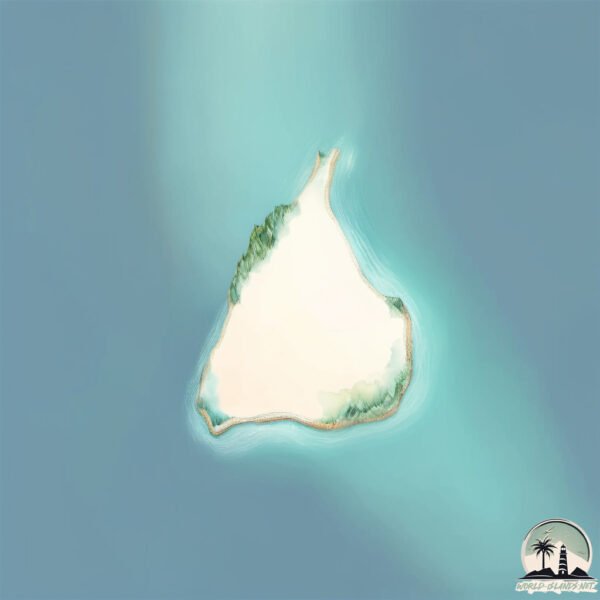Daaret

Welcome to Daaret, a Dry island in the Red Sea, part of the majestic Indian Ocean. This guide offers a comprehensive overview of what makes Daaret unique – from its geography and climate to its population, infrastructure, and beyond. Dive into the details:
- Geography and Size: Explore the island’s size and location.
- Climate and Weather: Weather patterns and temperature.
- Topography and Nature: Uncover the natural wonders of the island.
- Infrastructure and Travelling: Insights on reaching, staying, and making the most of your visit.
- News and Headlines: Latest News.
Geography and size of Daaret
Size: 0.339 km²
Coastline: 2.6 km
Ocean: Indian Ocean
Sea: Red Sea
Continent: Africa
Daaret is a Tiny Island spanning 0.339 km² with a coastline of 2.6 km.
Archipel: –
Tectonic Plate: Africa – One of the world’s largest tectonic plates, covering the African continent and parts of the surrounding oceans, known for its stability with some active rift zones.
The geographic heart of the island is pinpointed at these coordinates:
Latitude: 15.90373007 / Longitude: 39.57833264
Climate and weather of Daaret
Climate Zone: Dry
Climate Details: Hot Deserts Climate
Temperature: Hot
Climate Characteristics: Dominated by extremely hot temperatures, this climate is marked by minimal rainfall and barren landscapes. Nights often experience drastic temperature drops.
Topography and nature of Daaret
Timezone: UTC+03:00
Timezone places: Asia/Riyadh
Max. Elevation: -2 m
Mean Elevation: -2 m
Vegetation: Sparse Vegetation
Tree Coverage: 34%
The mean elevation is -2 m. Remarkably, this unique island barely emerges above the sea level, showcasing nature’s fascinating interplay with the ocean. The island is characterized by Plains: Flat, low-lying lands characterized by a maximum elevation of up to 200 meters. On islands, plains are typically coastal lowlands or central flat areas.
Dominating Vegetation: Sparse Vegetation
These regions have limited plant growth, typically due to extreme conditions like aridity or poor soils. Vegetation is scattered and consists of hardy plant species. Daaret has a tree cover of 34 %.
Vegetation: 1 vegetation zones – Minimal Diversity Island
These islands exhibit the most basic level of ecological diversity, often characterized by a single dominant vegetation type. This could be due to extreme environmental conditions, limited land area, or significant human impact. They represent unique ecosystems where specific species have adapted to thrive in these singular environments.
Infrastructure and Travelling to Daaret
Does the island have a public airport? no.
There is no public and scheduled airport on Daaret. The nearest airport is Massawa International Airport, located 34 km away.
Does the island have a major port? no.
There are no major ports on Daaret. The closest major port is MITSIWA HARBOR, approximately 34 km away.
The mean population of Daaret is 5 per km². Daaret is Gently Populated. The island belongs to Eritrea.
Continuing your journey, Dohul is the next notable island, situated merely km away.
Eritrea is classified as Least developed region: Countries that exhibit the lowest indicators of socioeconomic development, with the lowest Human Development Index ratings. The level of income is Low income.
News – Latest Updates and Headlines from Daaret
Stay informed with the most recent news and important headlines from Daaret. Here’s a roundup of the latest developments.
Please note: The data used here has been primarily extracted from satellite readings. Deviations from exact values may occur, particularly regarding the height of elevations and population density. Land area and coastline measurements refer to average values at mean high tide.
